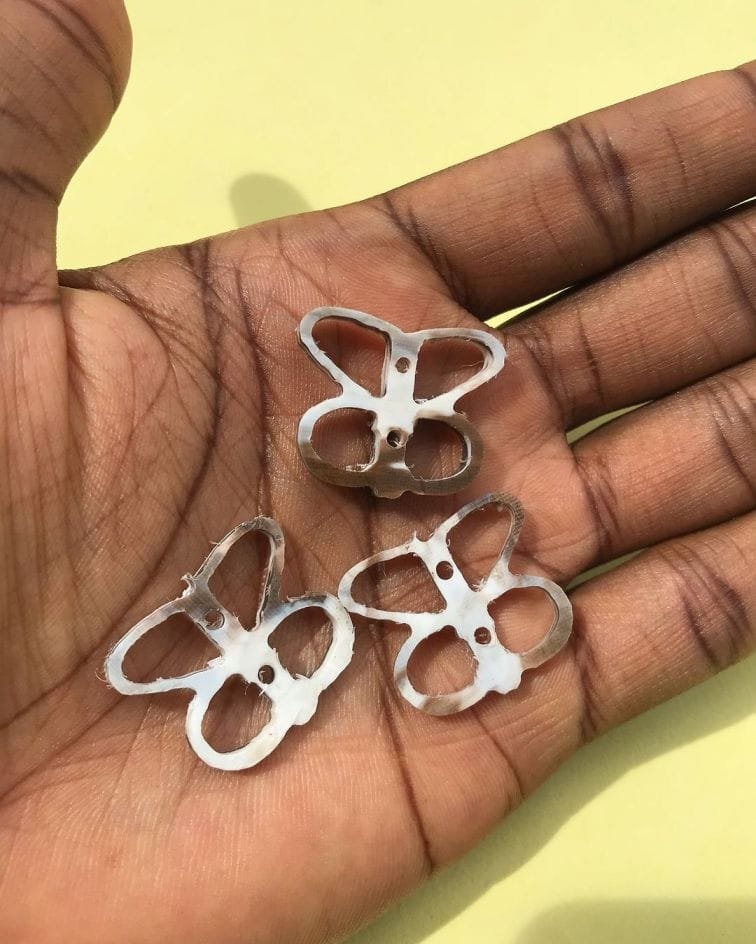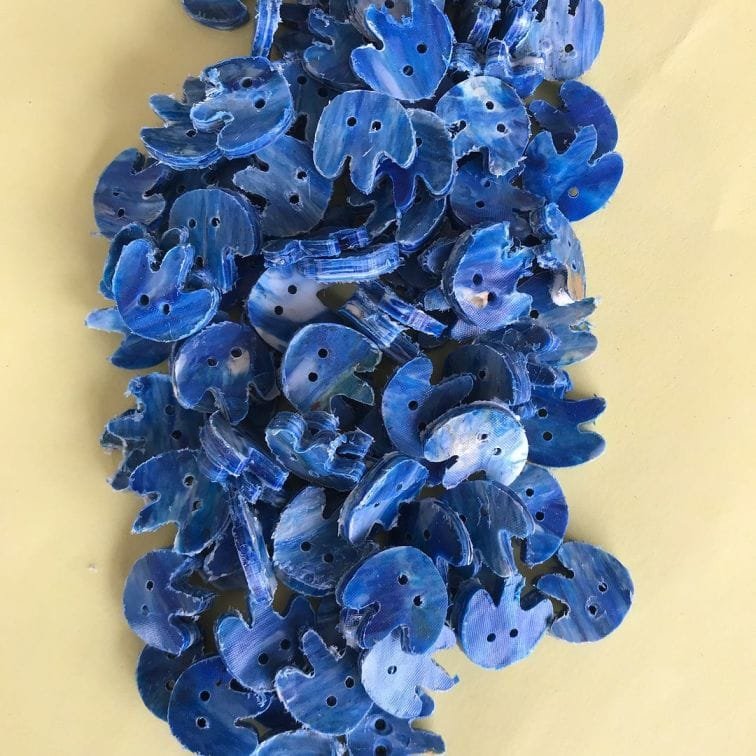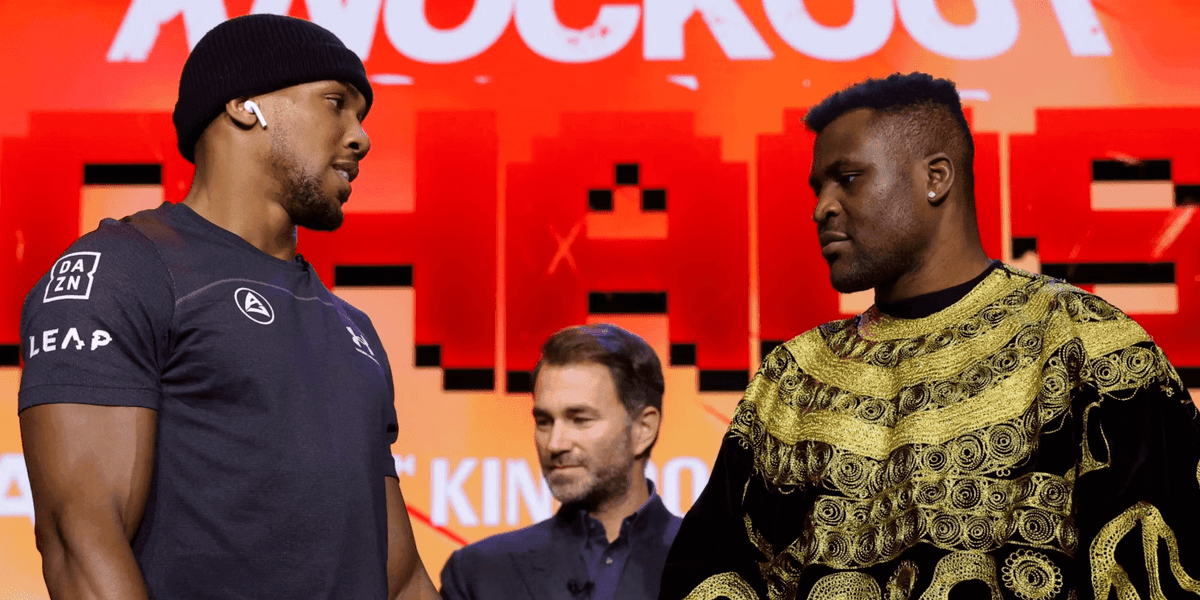Meet Joshua Attat, an inspiring entrepreneur from Southern Nigeria who’s turning heads in sustainable fashion. As the founder of Pneedles, Attat is transforming recycled plastic into high-quality buttons—a unique idea that has already caught attention, including at the Lagos Fashion Week in Lagos. In his interview with African Folder, Attat shared his journey, which began with numerous challenges as he strove to align his personal goals with his vision for Pneedles.
Joshua Attat isn’t just in this for-profit. His mission goes beyond the business—he’s fully committed to environmental sustainability. He puts in the research, connects with top companies, and shares innovative ideas that help maintain a healthy planet while keeping business viable. For him, sustainable production isn’t a buzzword; it’s the standard.
But he doesn’t just see himself as an entrepreneur standing out with a difference. Instead, he lights the way for others, especially for fashion brands that may be struggling. His story is proof that there’s always a way to elevate and reach target markets—no matter how tough the game may be. Through his work and his words, Attat motivates others across industries to make a difference.


[Credit: Instagram/@getpneedles]
In summary, Attat’s mission is to cut down waste and carbon footprint, especially across industries creating new materials. He aims to offer solutions that align sustainability with profitability. His story is a testament to how he turned waste into high-value products, showing that it’s possible to create something meaningful from “nothing.” And he’s proudly doing it as a son of Akwa Ibom State.
The beginning for Joshua Attat…
Joshua Attat’s parents provided the basics—education and necessities—but the extras were up to him. Reflecting on his journey, he said, “They were basic things they would do, like education, you know, giving you the basic things you needed to live a good life; but they were some level of luxury I wanted as a child that they were definitely not going to fund, so it motivated me to start making money for myself because it was the only way I could finance my wants or my luxuries.”
We believe there is always a motivation in every story; his first taste of success came in an unlikely form—reselling his mother’s old clothes to a second-hand shop. The little success through the buyer opened his eyes to a new way of thinking.
“So he gave me that motivation to know, okay, if I could create this, I can make another one. I just have to see what else I can do,” he laughed.
Soon after, he tried selling motivational, self-help, and academic books to his church community and the students of the University of Uyo. In 2014, he built an e-commerce platform for it, listing books for sale online. This venture introduced him to his first investor and gave him the validation he needed to keep going. But success wasn’t handed to him. “Just because I like reading does not mean everybody does. It wasn’t as scalable as I thought it was going to be, and I wasn’t doing the numbers that I thought I could do because not everybody enjoyed that,” he recalled. His investor pulled out after initial setbacks—majorly the inability of the business to scale—leaving him to rebuild once again. But failure only fueled his desire to carve his path.
“Business takes time; that’s why people need investors until the business can fund itself. And if you have none, you’ve got to take a job for your sustainability while waiting for the business to bloom,” Attat advised.
Pneedles
Around 2018, Attat’s business took a new turn—Pneedles was born, first as a reseller of Ankara-customised shoes, a business idea sparked by an online post he saw.
In his words, “I saw somebody post a pair of slides and some sneakers online, and they customised it with ‘Ankara fabric’. And it was really dope. I liked it so much, and I thought about reselling them in Uyo.” According to him, he reached out to a friend managing a popular Instagram page in Uyo, bought the page and started building a following there. Eventually, he began manufacturing the Ankara footwear locally in Uyo to cut down costs, & with time, Pneedles evolved into what it is today—a manufacturer of sustainable buttons from plastic waste.
Curious about the name, the writer asked, “Why ‘Pneedles’? How’s it pronounced?” He smiled, explaining, “It’s just ‘needles,’ but I added a silent ‘P’ to make it unique—so it won’t be generic because I wanted the name to be a bit different while still connoting fashion.”
Looking ahead, Joshua Attat sees expansion beyond Nigeria, especially in markets like the U.S., UK, and France, where sustainability is highly valued. The adoption of sustainable materials in fashion is held back by cost and scale, but partnering with bigger players could get them there. For the international market, ‘The first question they are always going to ask is, if we order a million buttons, how long will it take to produce? So, our target is to be able to grow to the point where we can meet that kind of demand,’ he admitted confidently.
Attat’s vision for Pneedles is clear: he aims to make it one of the most recognisable names in sustainable fashion globally. “When people hear ‘Pneedles,’ I want them to think of sustainability first,” he added. Joshua Attat is driven by the belief that every product should contribute to the solution for climate change, not the problem.
For aspiring entrepreneurs, Attat’s advice is straightforward: don’t rush. Success doesn’t come overnight. He spent years researching and perfecting his products, with plenty of failed attempts along the way.
“It might take your first 5, 10, even 15 products to find what works,” he emphasised. “And remember, there are already big players out there, so ask yourself: What can I do differently? How can I reach the level I want?”
Joshua Attat’s journey shows that there’s no success without setbacks. From selling second-hand clothes and books to creating eco-friendly buttons, he has always pushed forward. His story is a reminder that resilience and a unique vision can lead to meaningful impact. Today, as he continues to grow Pneedles from Lagos, he’s a figure of inspiration, representing Nigeria on the bright side of sustainable fashion.















